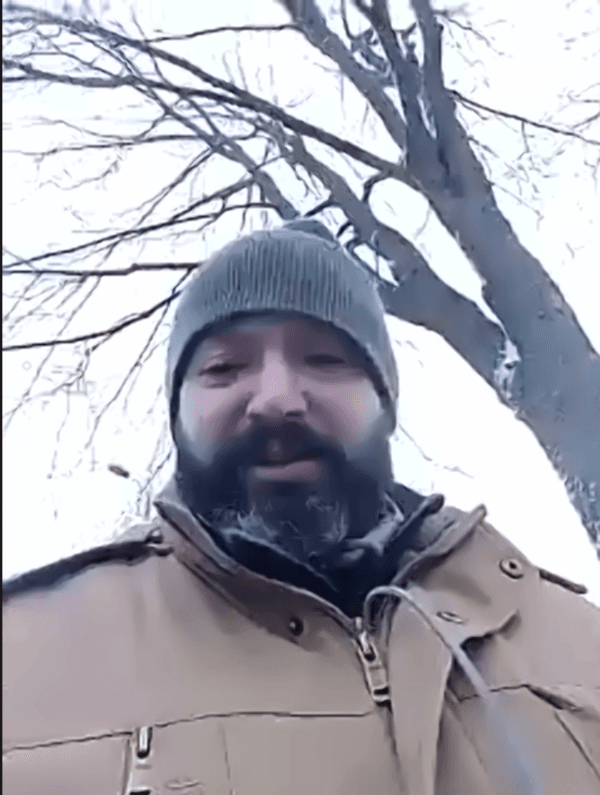On Wednesday, March 2, it was 32 degrees in Kyiv, Ukraine. It was 10 a.m. and Bryan Stern was cold. A steady snow fell as he paced an icy road on the Romanian side of the border. He had been awake for three days. The night before, there were shots fired and shelling. But he had just evacuated another 35 American, British, Afghan, and Ukrainian citizens from Kyiv on their way to a safe house just before the tanks rolled in. By now, they were on the other side of the Romanian border. From there, they would go on to a hotel in Bucharest. From there—on to the rest of their lives. The operation is called Project Dynamo. Each mission is named in honor of the NASA Apollo missions. Wednesday was Apollo Six.

Bryan Stern, co-founder of Project Dynamo, speaks to The Epoch Times on Feb. 3, 2022, right after another bus full of American, British, Afghan, and Ukrainian citizens pulled away and started toward the Romanian/Ukrainian border as part of another evacuation. Courtesy of Bryan Stern, Project Dynamo





